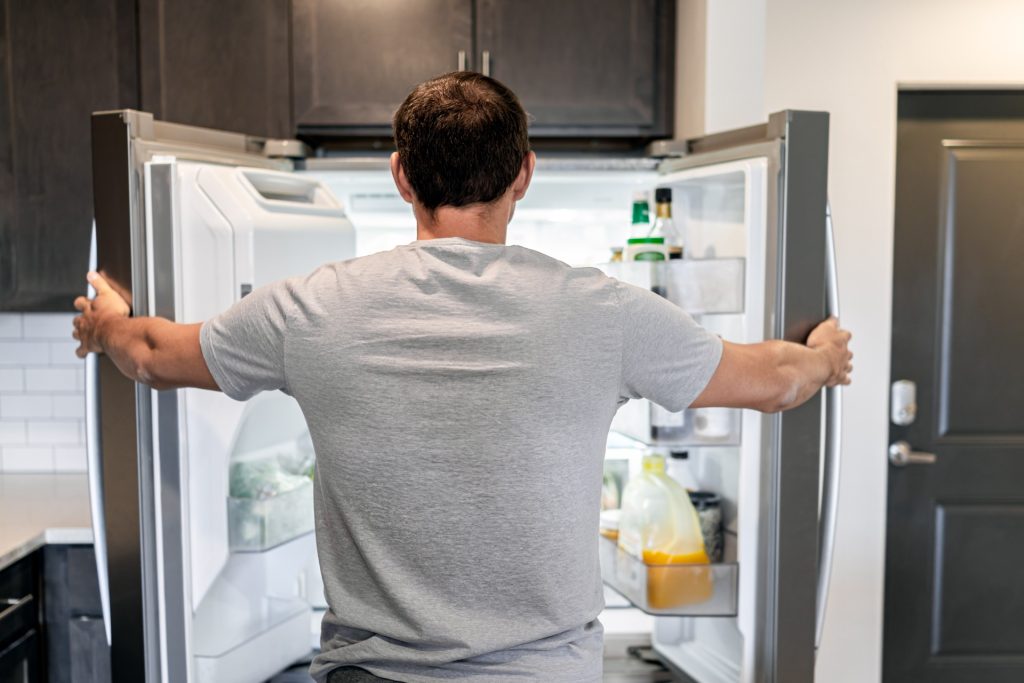How to Store Your Food the Right Way for Longer Freshness
Others are reading now
Figuring out where to store different foods can be tricky, especially when it comes to the fridge.
Some foods stay fresh longer at room temperature, while others need to be chilled. For example, tomatoes are best kept on the counter, according to Eating Well.
Storing them in the fridge can change their flavor and texture, though if they’re cut or overripe, refrigerating them can slow down the ripening process.
Apples are another fruit that does fine at room temperature, stored in a cool, dark place like a pantry.
Also read
Once cut, it’s best to refrigerate them with a little lemon juice to keep them from turning brown.
Onions don’t need to be kept in the fridge either. They do best in a cool, dry spot with good air circulation.
If you’ve cut them, however, store them in the fridge and use them within a week. Bananas should never be refrigerated because it can cause the peel to turn black, and they won’t ripen properly.
Let them ripen on the counter, even if they’re really ripe.
Bread should be stored at room temperature in an airtight container or bag, not in the fridge, as that can cause it to dry out quickly. If you haven’t eaten it within three days, it’s best to freeze it for later use.
Basil should also be kept out of the fridge. Putting it in the fridge will make the leaves wilt and turn black.
Instead, place it in a cup of water on the counter, changing the water every few days. Eggplant does better at room temperature too.
Storing it in the fridge can make it mushy and bitter. Keep it away from bananas, as their ripening gas can speed up the process.
Whole melons, like watermelon and cantaloupe, should be stored on the countertop. If they’ve been refrigerated before you buy them, though, it’s best to keep them cold.
Once cut, melons should be stored in an airtight container in the fridge and eaten within two to three days.
Extra-virgin olive oil doesn’t need to be refrigerated either. Store it in a cool, dark spot in a tightly sealed bottle.
For potatoes, keep unwashed ones in a well-ventilated, cool, dark place, but don’t refrigerate them.
If you’ve cut them, store them in water in the fridge and use them the next day. Some condiments, like soy sauce, hot sauce, and peanut butter, can be kept at room temperature as well, but always check the label.
Finally, unripe avocados should be left on the counter to ripen. Once ripe, they can be stored in the fridge to extend their freshness.
Certain foods really do better when stored out of the fridge. A cool, dark, well-ventilated spot is often the best place for them.
Once a fruit or vegetable is cut, though, it’s best to refrigerate it to keep it fresh longer.


